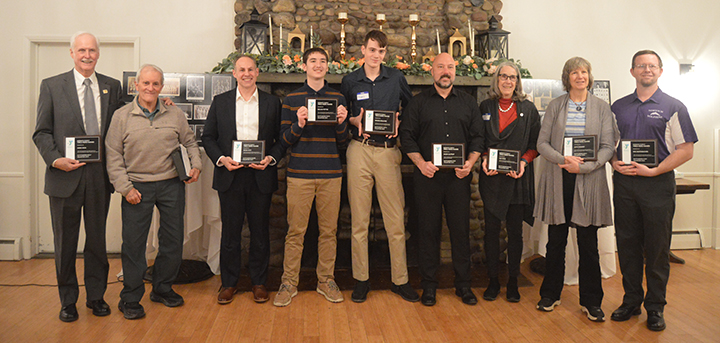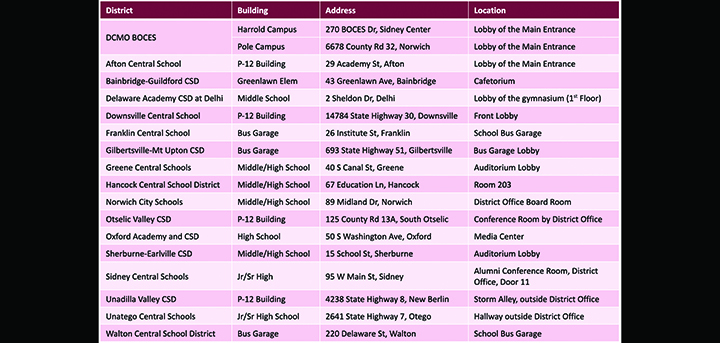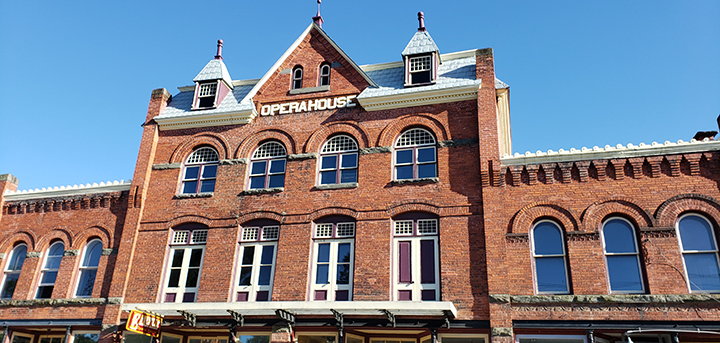You Make a Better Door than a Window
Samuel Reuben delighted in delighting his children. We knew how very much we were loved by him, and we had the good sense to appreciate what we had. From his deliberately obtuse way of communicating if, for example, we were blocking his view of the television, “You make a better door than a window,” to the one superstition he either had or pretended to have, to wit, if one of us stepped over the reclining body of a sibling on the floor, we had to immediately retrace our steps or, according to my father, that sibling would instantly cease to grow.
Every fiber of my being is saturated with memories of him doing something generous or spontaneous or barely credible or highly original or unimaginably sweet.
Like the little dance he did with whichever daughter happened to be available. First, he’d get us in position to do a tango. Then he’d segue into a step he had invented that went one-two-three …kick. He would reverse directions and repeat one-two-three … kick, until a different daughter or my mother walked into the room, and he’d changer partners and start all over again.
My father also loved to play his beloved violin, even though we gave him the Jack Benny treatment every time he picked up his bow, which was really unfair, because he really could play.







Comments